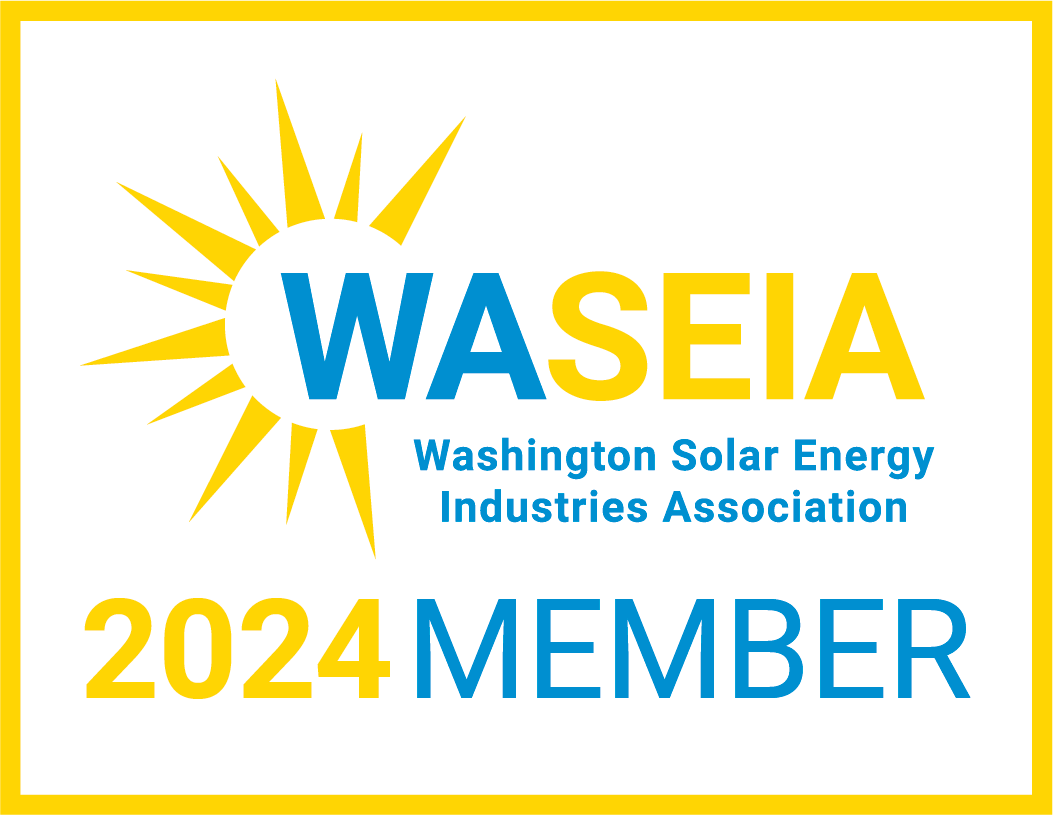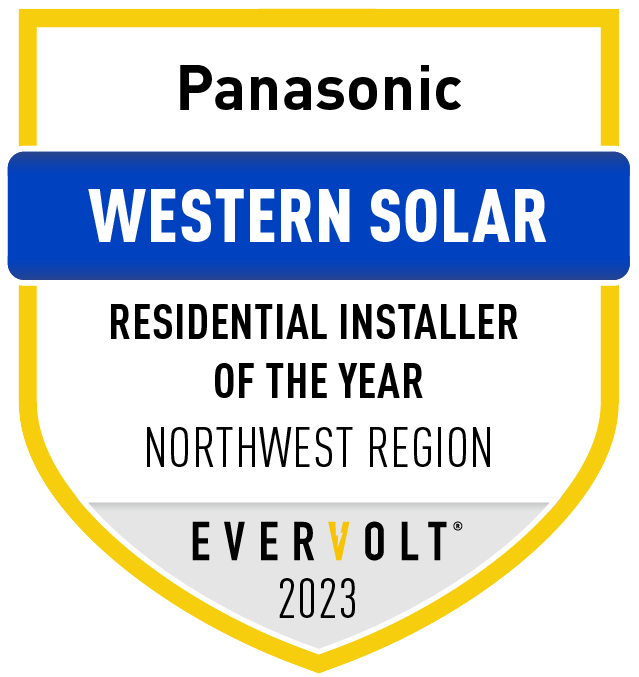Electricity is a necessity in our modern lives and one way or another, we all have to pay for it. We are so used to paying our electricity bills that we rarely (if ever) stop to think about what our energy options are. Solar is a great financial alternative that can save you money on your monthly energy bill, add value to your home and provide you with a generous tax credit! A solar system is your own private source of clean renewable energy, and depending on the equipment you install it should last for 40-50 years. Your solar system will offset the energy you use in your home, saving you the money you would have spent on your electricity bill. We can compare these figures in two ways: If you are trying to increase your home value or have a competitive edge in the real estate marketplace, consider solar. As residential solar installation rates have increased, the number of homes being sold with solar already installed is also on the rise. Studies by the National Renewal Energy Laboratory concluded that solar homes sell 20% faster and for 17% more than equivalent non-solar homes. A Zillow analysis published in 2019 found that, on average, U.S. homes with solar sell at a premium of 4.1% compared to homes without. While these figures really positive, it’s important to remember that they’re based on national surveys and that there will be a fair amount of variation on an individual basis. It’s important for you to be able to make a value proposition to any potential buys for your home, and that’s where Western Solar can help. Western Solar will provide you a comprehensive report detailing the remaining warrantied life of the system and projected savings. We provide a full system orientation for any new homeowner and will work with your appraiser and real estate agent to give them the technical information they need to leverage your system to maximum benefit.Energy Bill Savings
Increasing Home Value
Available Incentives
Request a Solar Quote
360-746-0859 | 4326 Pacific Hwy, Bellingham, WA 98226














